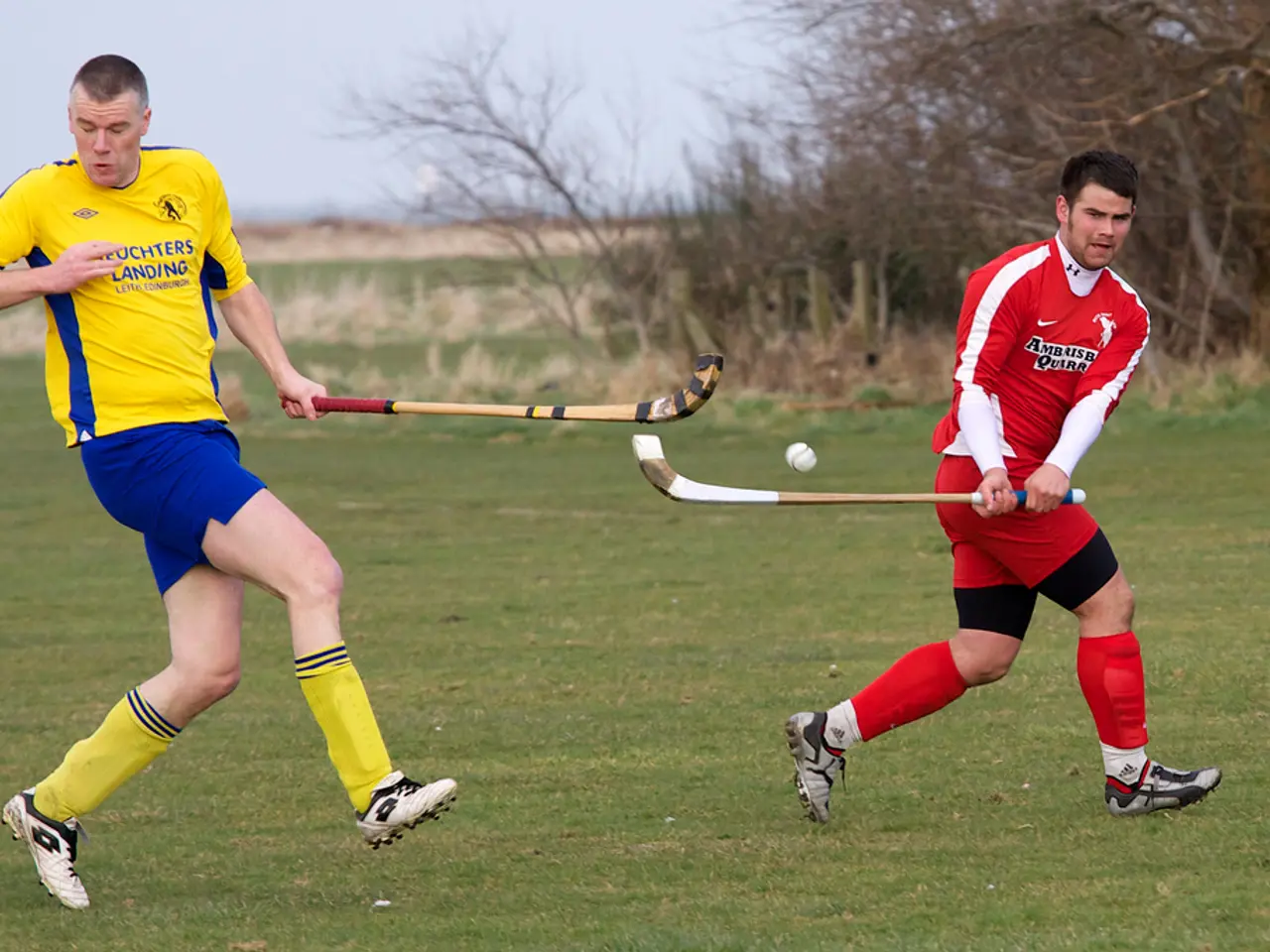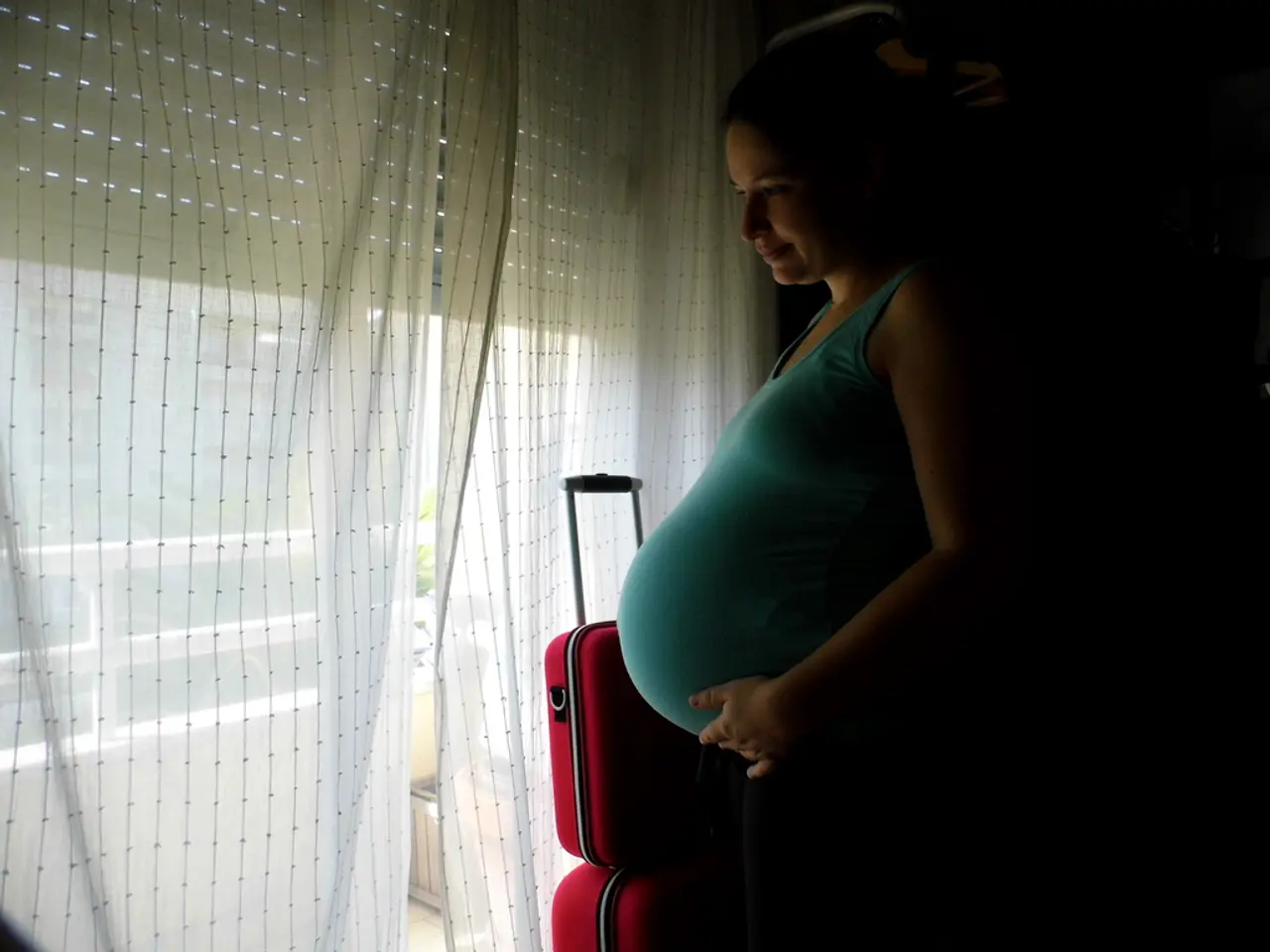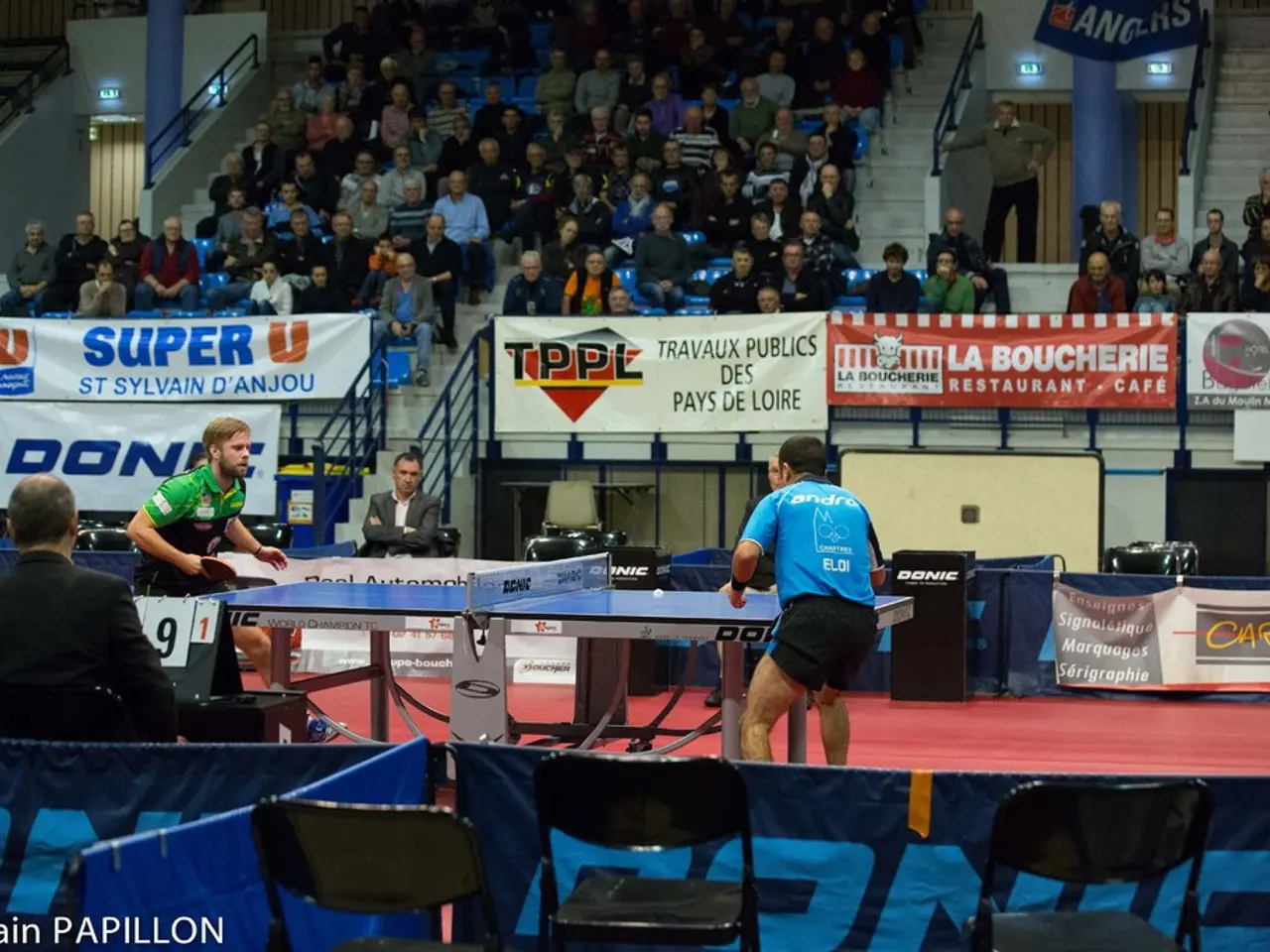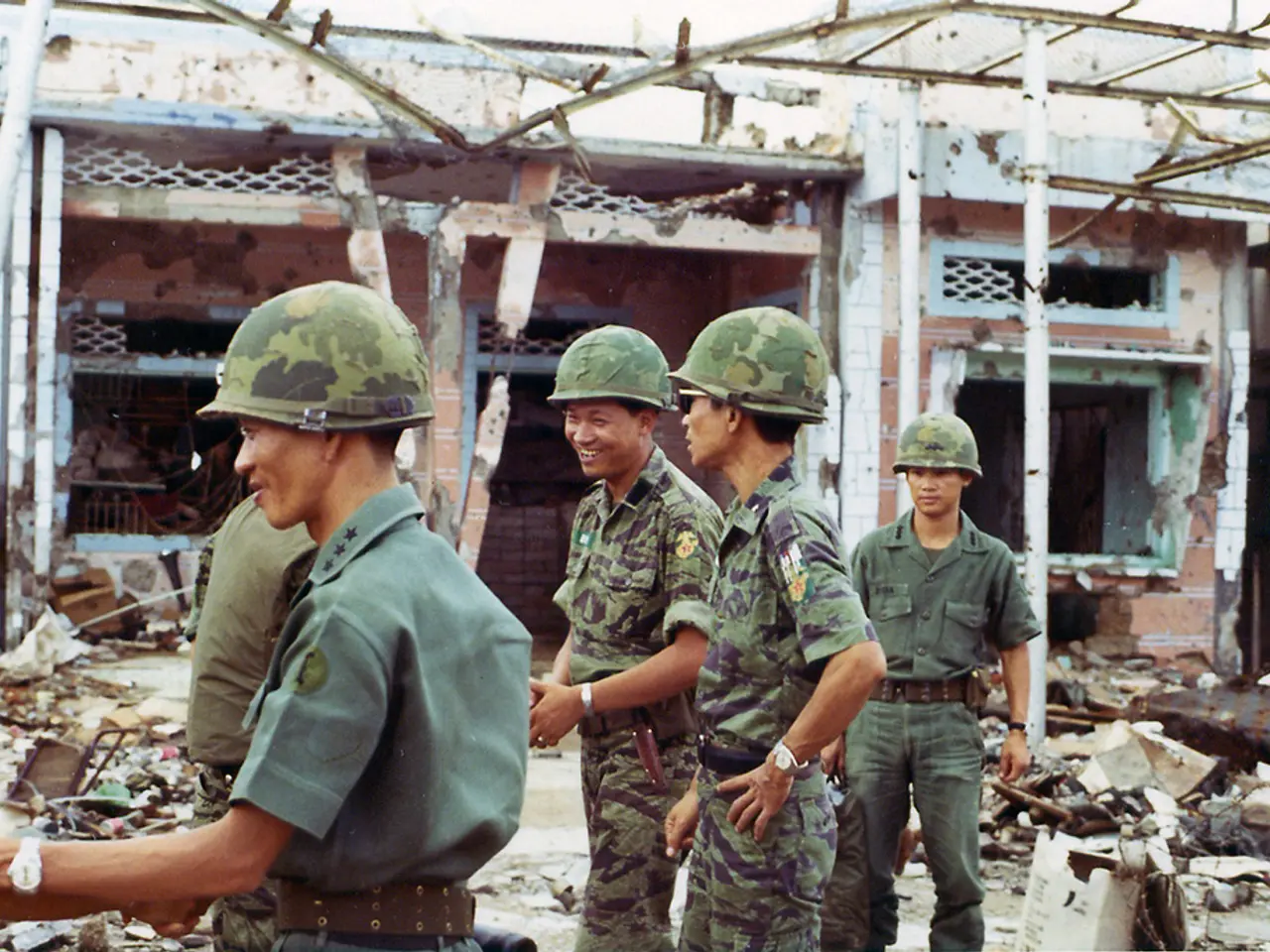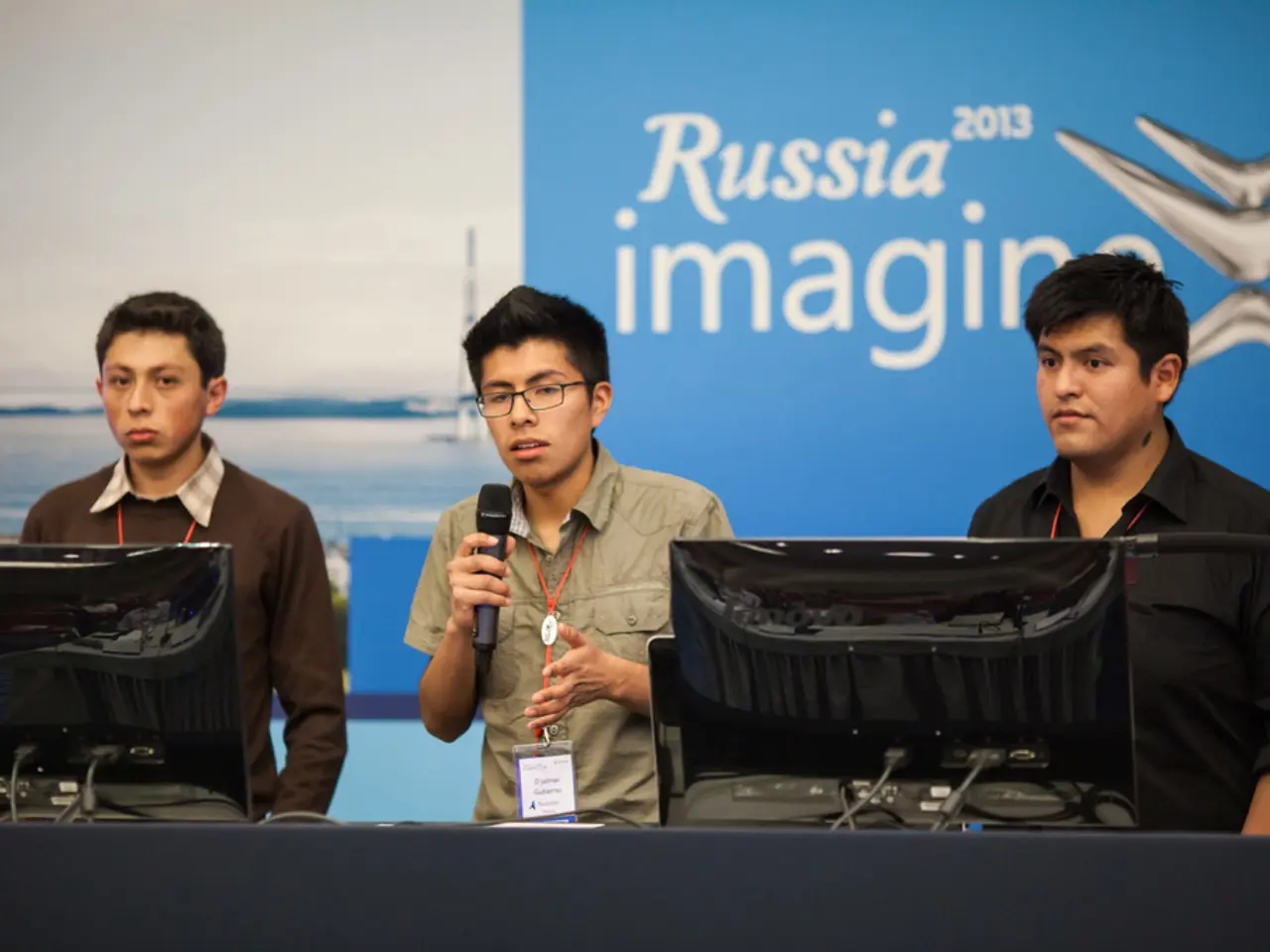NHL Legend David Ayres Discusses Impact of Major League Rule Adjustment
The National Hockey League (NHL) is set to redefine its emergency backup goalkeeper (EBUG) rule in the upcoming collective bargaining agreement. The new rule will require each team to have a full-time, traveling EBUG who is signed by and available exclusively for that team.
This shift marks a departure from the previous system where emergency goalies were drawn from local non-professional or amateur ranks and could be shared among teams in urgent situations. The change aims to ensure immediate availability of a dedicated emergency goalie traveling with the team in case both the starting and backup goalies are unavailable due to injuries or other circumstances.
The new rule seeks to improve consistency and preparedness by having the new EBUGs practice and travel with their respective NHL teams, rather than being local amateurs or staff called upon only rarely. This change addresses the unpredictable nature of emergency goalie needs by having a reliable, team-affiliated reserve goalie ready to step in when required, rather than relying on local amateurs who may not be as prepared or integrated with the team.
David Ayres, the Zamboni driver who famously backstopped the Carolina Hurricanes to a win over the Toronto Maple Leafs in 2020, is one of the EBUGs interviewed in a Sportsnet article about the rule change. Ayres expressed a sense of sadness about the classic EBUG potentially going away but acknowledged that the change in the EBUG rule in 2026 makes more sense for the teams.
Ayres believes that the current EBUG rule is unique and unlike any other position in sports. He also expressed that he likes the attention the EBUG position has received in the last few years, stating that it has received significant attention over the last five to six years.
The new rule will see each team employ a full-time, traveling replacement goalie, a change that Ayres understands may disappoint some EBUGs who were hoping to get their chance to play in a game. However, he agrees with the change, recognising its importance in ensuring better preparedness and consistency in emergencies.
The NHL's decision to modify the EBUG rule comes after rare but high-profile instances where emergency goalies have had to play in NHL games. The rule modification is aimed at better safeguarding teams against goaltender shortages during games.
In an interesting twist, a certain writer live-bet on the Toronto Maple Leafs puck line when news broke they needed an EBUG, resulting in a mistake. This incident underscores the unpredictable nature of emergency goalie situations and the importance of the new rule in providing a reliable and prepared backup option.
The EBUG rule, with its old-school charm, has been one of the last great quirky rules in sports. As the NHL prepares to usher in a new era with the full-time, traveling EBUG, it's clear that the league is striking a balance between tradition and modernity, ensuring that games can continue even in the face of unexpected emergencies.
- In contrast to the past when emergency goalies were drawn from local amateur ranks, the upcoming NHL rule change will necessitate each team to hire a full-time, traveling EBUG who is exclusive to their team, redefining the current system.
- The new EBUG, who will practice and travel with the NHL team as full-time employees, aims to provide immediate availability and improved preparedness, addressing the unpredictable nature of emergency goalie needs.
